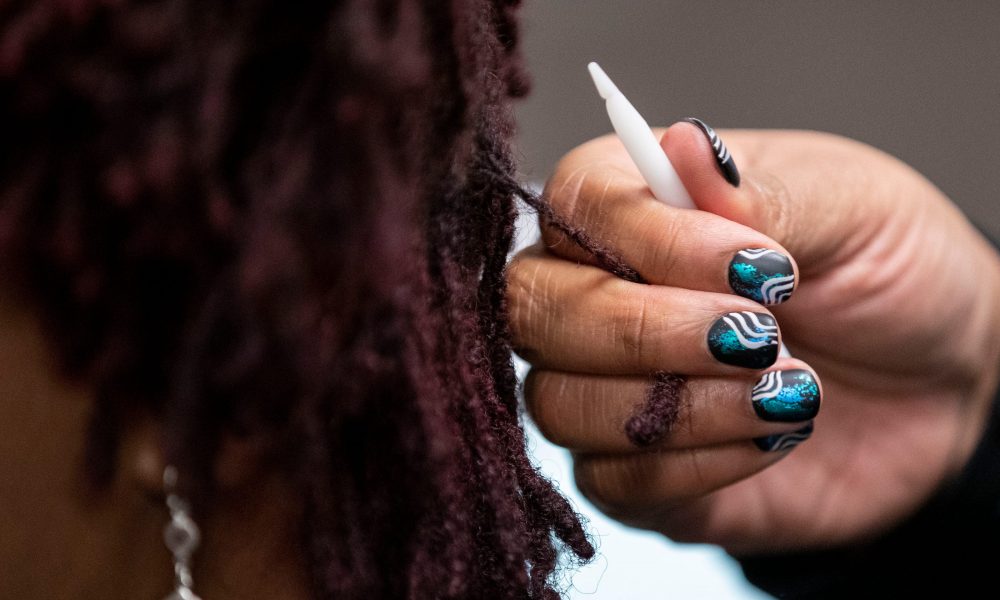Workplace discrimination
Chelsey Cox, USA TODAY
Published 10:43 p.m. ET Feb. 6, 2020 | Updated 10:48 p.m. ET Feb. 6, 2020
CLOSE![]()
Lawmakers in Maryland’s most populous county made an historic expansion to its human rights legislation on Thursday by banning discrimination based on hairstyle.
The Montgomery County Council unanimously voted to pass the Creating a Respectful and Open World for Natural Hair (CROWN) Act which prohibits employment, housing, and other public service discrimination based on certain protective hairstyles and textures, like braids, locks, afros, curls, and twists.
The county is the first in the nation to establish such a law at a local level. California, New York and New Jersey have passed statewide legislation that offers similar protection for hairstyles.
“[The law] will expand the definition of race to include natural hairstyles, like afros, twists, bantu knots, and protective hair styles like braids, that people of African descent wear,” said Will Jawando, according to WTOP News. Jawando was one of the Montgomery County council members who wrote the original bill.
The Act follows prior anti-discrimination laws of its kind taking effect throughout the country as more African Americans and persons of African descent choose to wear their hair in its natural state.
In July 2019, Governor Gavin Newsom signed the nation’s first measure safeguarding California residents from discrimination due to natural hairstyles. New York Governor Andrew Cuomo signed a similar bill into law last Summer, followed by New Jersey in December.
CLOSE![]()
Multiple states and cities across the US have proposed laws banning race-based hair discrimination policies in the workplace and schools.
USA TODAY
Oregon, Colorado, and Washington are considering their own bills to ban hair discrimination.
In other actions taken locally, the school board in Palm Beach County, Florida, voted Wednesday to allow students to wear their chosen hairstyles to school.
Cincinnati, Ohio passed its own law banning hair discrimination and the city of Baltimore is also considering legislation.
According to the CROWN Coalition, a sponsor of California’s CROWN Act, black women are 80% more likely to change their hair to meet workplace expectations and 50% more likely to be sent home or know someone who was sent home from the workplace because of her hair.
Cases of discrimination based on public appearance have grabbed national attention recently. Last month, a Texas student was reportedly banned from school because of his decision to wear dreadlocks. A California student was also suspended last month for refusing to cut his hair.
A Muslim woman in Georgia recently reached a settlement with her former employer after she claimed she was discriminated against for wearing an hijab, a traditional Muslim head-covering, to work. A Michigan restaurant chain is facing a lawsuit for similar reasons.
Jawando said he was “very proud to have led this effort to protect county residents from natural hair discrimination” in a tweet posted Thursday.
“We have over 200,000 black and Latina women in Montgomery County, many of whom get up every day and make decisions about how they are going to present themselves to the world,” Jawando told WTOP News.
Under the CROWN Act, individuals can seek a civil penalty up to $5,000 through the Office of Human Rights.
Read or Share this story: https://www.usatoday.com/story/news/2020/02/06/montgomery-county-bans-hair-discrimination-maryland/4683361002/
